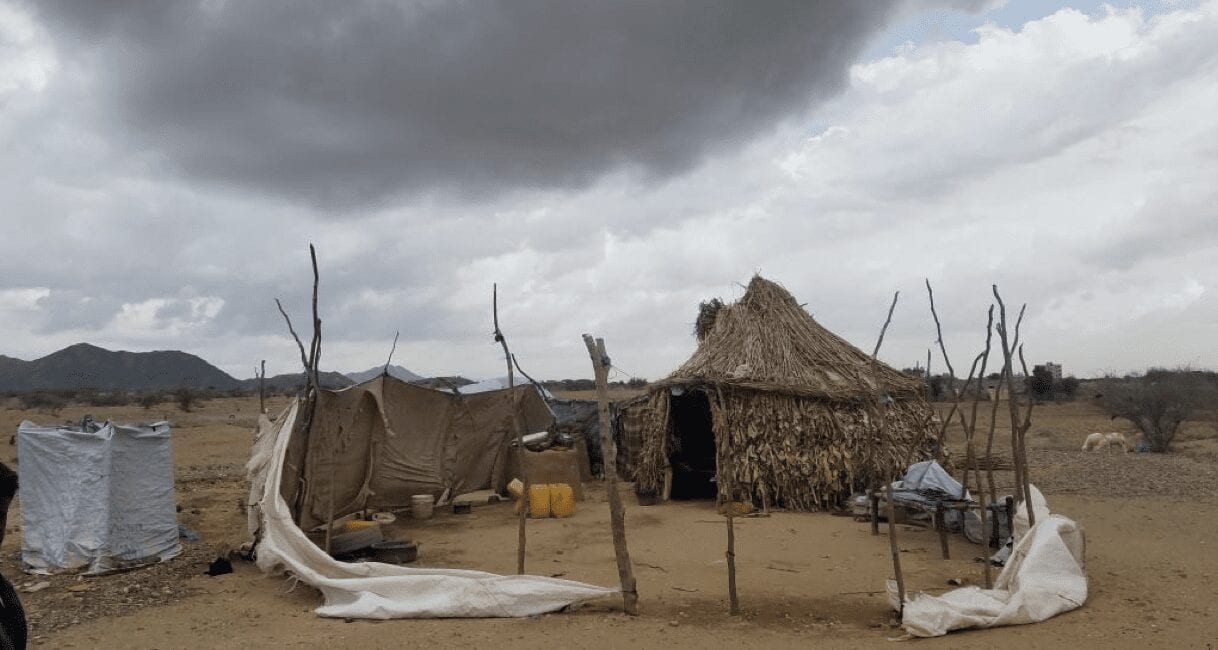
Aftershock: Abuse, exploitation, & human trafficking in the wake of COVID-19
Mid-year predictions that deteriorating protection conditions caused by COVID-19, conflict and climate change would lead to an unprecedented uptick in hunger, displacement, and the adoption of adverse coping strategies are proving worryingly accurate as we near the end of 2020.
Between September and November 2020, multiple Protection Clusters delivered lifesaving services amidst renewals of armed violence and a fresh wave of disasters, including heavy rains, flooding and cyclones that have driven immediate protection needs in Burkina Faso, Chad, DRC, El Salvador, Guatemala, Honduras, Mali, Niger, Nigeria, Somalia, South Sudan and Yemen.
The escalation of tensions between federal Government troops and Tigray forces in Ethiopia has resulted in the deaths of hundreds of people since 4 November, and the displacement of over 27,000 people into Sudan since 10 November. Phonelines and internet are blocked, and banks shut, complicating coordination and delivery of humanitarian supplies. Tigray, already home to 100,000 internally displaced people and 600,000 people dependent on food aid prior to the conflict, risks descent into crisis.
The Global Protection Cluster is also alarmed by reports of massacres by non-State armed groups in several villages in northern Cabo Delgado, Mozambique, on 7-8 November, which resulted in beheadings and abductions of women and children. This follows months of escalating conflict compounded by chronic underdevelopment, consecutive climatic shocks and recurrent disease outbreak across the region in 2020, contributing to rising-by-the-day numbers of IDPs. Over 33,000 people were displaced in the last week.
The Global Protection Cluster is monitoring and responding to escalating protection needs in Iraq, Cote d’Ivoire and Nagorno-Karabakh. In Iraq, ongoing and sudden closures of IDP camps and informal sites are displacing families and exacerbating protection risks; while almost 14,000 Ivorians have fled Cote d’Ivoire amid tensions over election results. An estimated 300,000 civilians have fled their homes in Nagorno-Karabakh, many into Armenia. A Protection Working Group has been established in Azerbaijan.
Conflict and disasters, and the protection issues they generate, create conditions for trafficking in persons to thrive. Across operations, we see that crises act as amplifiers of pre-existing trafficking practices (e.g. forced marriages to members of armed groups usually occur in contexts where child marriage is already embedded in local culture), (2) create new demands (e.g. trafficking for forced recruitment), and (3) increase supply of potential victims. Trafficking is being used as a tactic to spread terror among local populations and to suppress ethnic minorities. It is also perpetrated opportunistically by host communities, displaced families, armed groups and authorities
Read more here.
